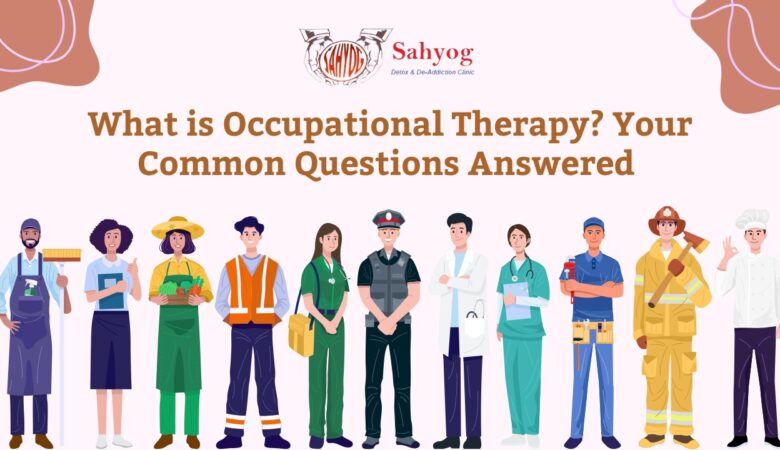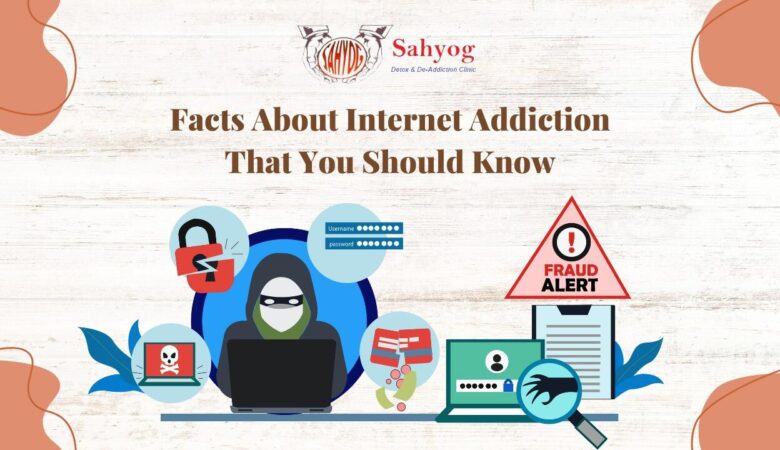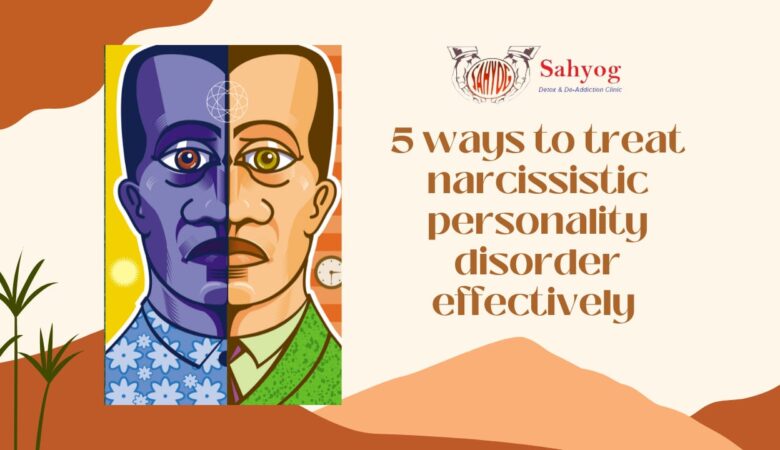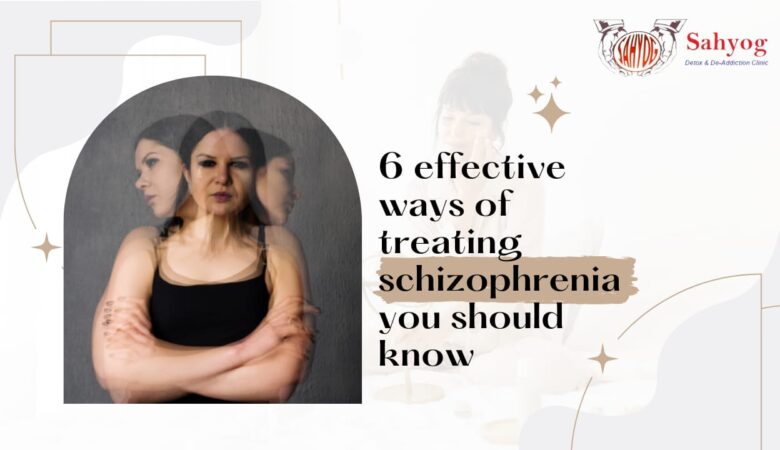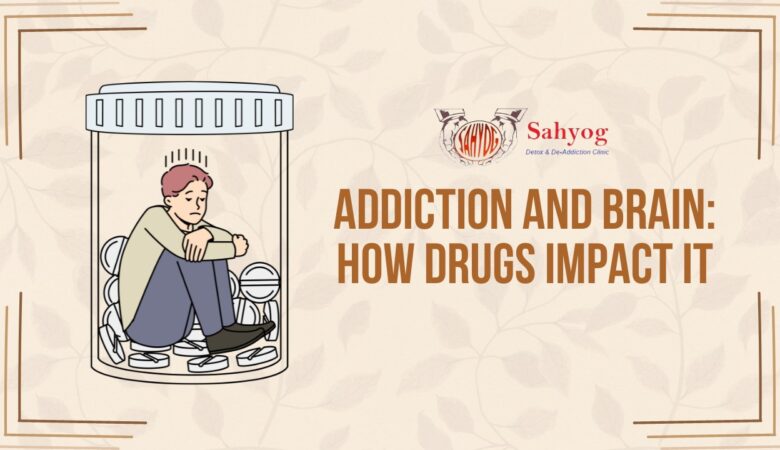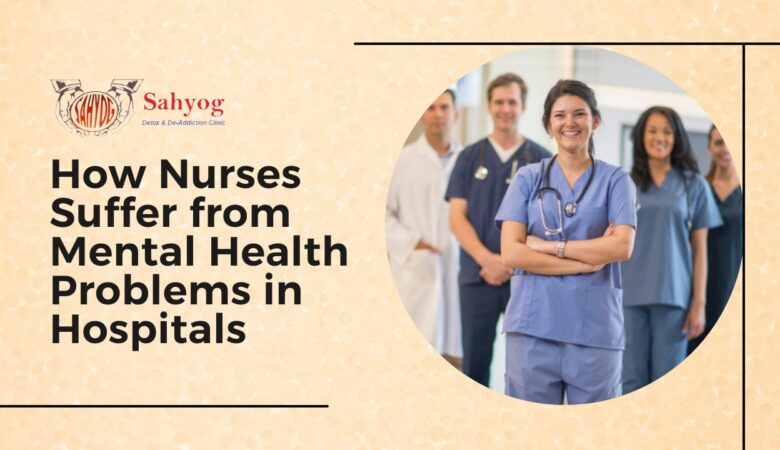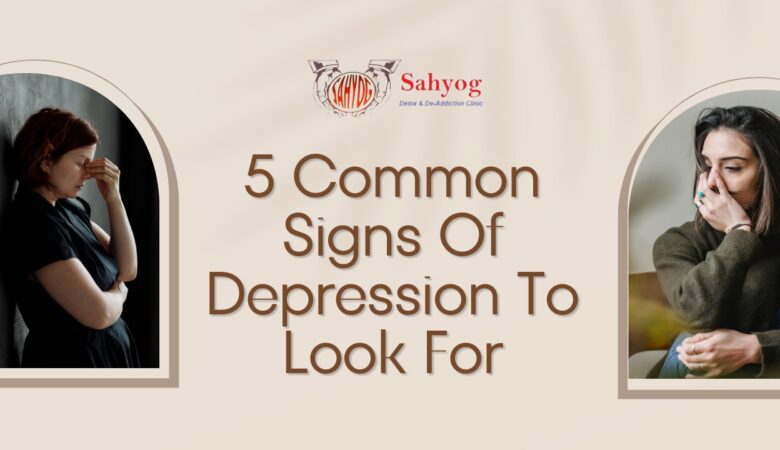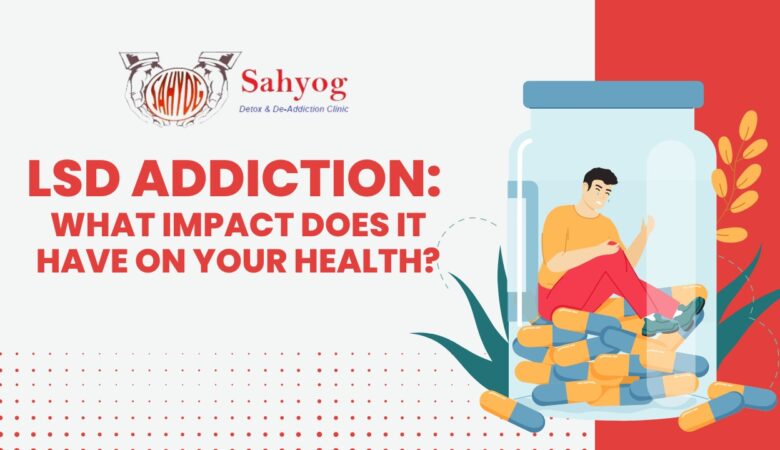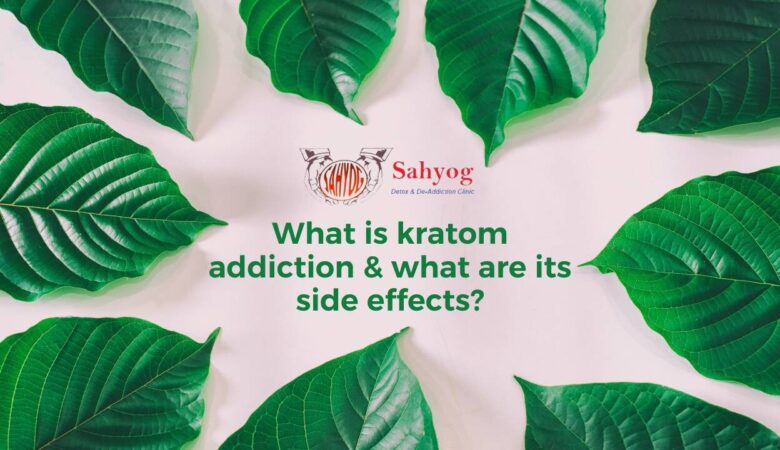What is Occupational Therapy? Your Common Questions Answered
Introduction When most people hear the term “occupational therapy,” they automatically think of therapy for people with physical disabilities. However, the therapy is so much more than that! In this blog post, we will explore what occupational therapy is and how it can help you in your everyday life. We will answer some common questions about the therapy, such as what an occupational therapist does and how to become one. What is Occupational Therapy? Occupational therapy is a type of rehabilitation that helps people regain strength and independence after an injury or illness. It can also be used to prevent injuries from happening in the first place. Occupational therapists work with patients of all ages, from infants to the elderly. They use a variety of techniques to help their patients improve their ability to perform everyday activities. One common misconception about occupational therapy is that it only helps people who have been in accidents or have suffered an injury. However, the therapy can also be used to help people with developmental disabilities, mental health illnesses, and chronic disorders. Another common misconception is that this therapy is only for people who are unable to work. However, occupational therapy can also be used to help people who are unemployed or underemployed. What Do Occupational Therapists Do? Occupational therapists work with people of all ages to help them participate in the activities they need and want to do. This may include everyday self-care tasks, leisure pursuits, or work. Occupational therapists use a variety of techniques to assess their patient’s needs and develop individualized treatment plans. Treatment may involve activities to improve fine motor skills, sensory processing, and visual perceptual skills. It may also include education about energy conservation and how to pace oneself during activities. In addition to working directly with patients, occupational therapists also consult with families and other members of the care team. They may provide education about how to support the patient’s participation in daily life and make recommendations for adaptive equipment or other accommodations. What Are The Different Types Of Occupational Therapy? There are many different types, but they can broadly be divided into two categories: therapeutic and rehabilitative. Therapeutic occupational therapy is focused on helping people with mental health conditions or developmental disabilities. Rehabilitative occupational therapy is aimed at helping people recover from physical injuries or illnesses. Some common types of occupational therapy include: Cognitive rehabilitation: Cognitive rehabilitation is a controversial topic that refers to interventions and training that have been known to improve cognitive functioning in brain-injured individuals. The wide range of treatment options includes exercises, skills training, and the use of metacognitive strategies. These help people with cognitive impairments and also help in regaining their lost skills. Physical rehabilitation: Physical rehabilitation is a recovery method for various body parts. People commonly undergo physical rehabilitation after having surgery. Physical rehabilitation helps people regain strength and mobility after an injury or illness. Sensory integration: Sensory integration is the process of processing, organizing and interpreting information about our bodies and the world. This means how we experience and react to sensory information as it comes in. This helps people with sensory processing disorders cope with everyday life. Visual rehabilitation: Vision rehabilitation is the process of restoring function in a person’s vision. With one or more diseases or injuries, it may not be possible for them to see things as clearly as before. But with medical rehabilitation, it may be possible to improve their vision health and quality of life. Simply put, visual rehabilitation helps people with vision impairments adapt to their surroundings. Vocational rehabilitation: Vocational rehabilitation is the process of helping people with disabilities return to work. It is a combination of job placement services and on-the-job training. The goal is to help people with disabilities find and keep a job that matches their skills and interests. Recreational therapy: Recreational therapy is the use of recreation and other activities to treat people with physical, mental, or emotional disabilities. The goal is to improve their overall health and well-being. Recreation therapy can include anything from team sports to art classes. Animal-assisted therapy: Animal-assisted therapy is the use of animals to help people with physical, mental, or emotional disabilities. The goal is to improve their overall health and well-being. Animal-assisted therapy can include anything from working with service animals to therapy dogs. Who Can Benefit From Occupational Therapy? Occupational therapy is a type of therapy that can help people of all ages live their lives more independently. It can be used to help people recover from an injury, cope with a chronic health condition, or simply learn new skills. People of all ages can benefit from occupational therapy. It can be used to help infants and toddlers develop the skills they need to perform daily activities, such as eating and dressing. It can also help children with developmental delays or disabilities improve their motor skills and social skills. For adults, this therapy can help improve daily living skills, such as cooking and cleaning, and it can also help people recovering from an injury regain their independence. The benefits of occupational therapy depend on the individual and the specific goals that are being targeted. However, some general benefits of occupational therapy include: Improved quality of life: Occupational therapy helps in improving the quality of one’s life by enhancing their abilities to perform daily tasks and reach their full potential. Greater independence: By helping people learn new skills or regain lost skills, this therapy can lead to greater independence in daily life. Improved mental health: Occupational therapy can help reduce stress, depression and anxiety and improve mood and self-esteem. Enhanced social skills: Through activities and exercises designed to promote social interaction, this therapy can help people develop or improve their social skills. Improved communication skills: Some types of occupational therapy can help people improve their communication skills. Improved self-esteem: Occupational therapy can help people feel better about themselves and their abilities, leading to improved self-esteem. If you think you or a loved one
